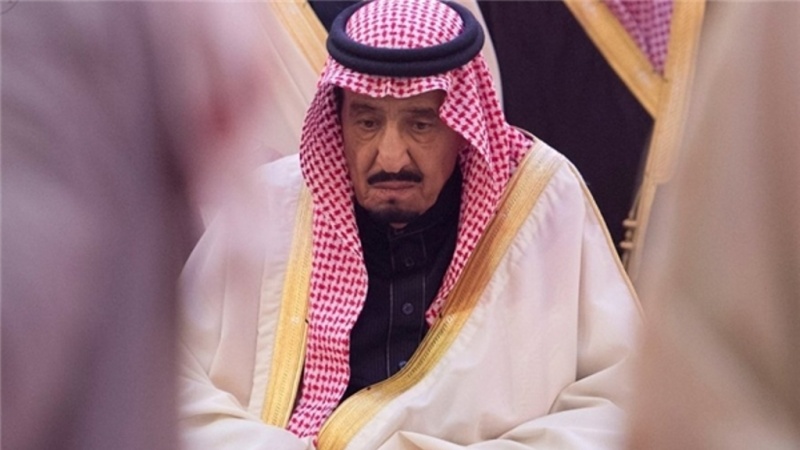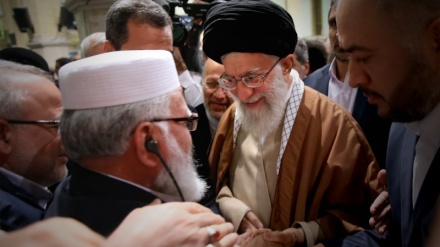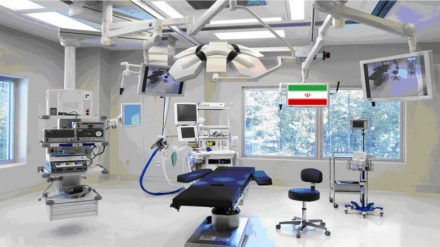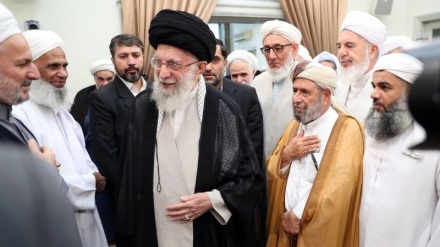Saudi’s tripartite suppression: Awwamiyah, Zaria, Manama
What do Awwamiyah in eastern Arabia; Zaria in Nigeria; and Manama in Bahrain have in common? This question is not an introduction to a punch line but rather to the intriguing similarities between these areas as a result of geopolitical hegemony of the British created Wahhabi state of Saudi Arabia.
To begin with, all three cities are the hubs of their respective countries’ opposition. The deprived local people have been holding demonstrations in the eastern oil-rich province of what is called Saudi Arabia since February 2011. In Zaria, Nigeria’s Shi’a Muslim population has been protesting against the army’s brutal killing of hundreds of their members in December. As for Manama, it is the birthplace of the Bahraini revolution and the center of anti-regime sentiments in the Persian-Gulf state.
The voices in these areas all demand freedom and basic human rights. In Saudi Arabia and Bahrain, protesters are demanding reforms, freedom of expression, the release of political prisoners, and an end to widespread discrimination against people in the oil-rich region. Similarly, Nigerians have been calling for the release of political prisoners and an end to discrimination. At the same time—while protests mushroom and expand—the repressive regimes under which these people live, take extensive measures to suppress their movements. The regimes in Riyadh, Manama, and Abuja claim that in order to maintain security and order, these protests must be stifled.
Just recently, Saudi regime forces shot dead a Shi’a Muslim citizen after raiding his home in the Eastern Province. According to Saudi media reports, he was wanted over accusations of attacking security forces. But this is just one example of how authorities clamp down on protesters and also the most irreversible one. Other forms include arbitrary arrest, excessive use of force during demonstrations, and attacks on freedom of expression.
Saudi-backed security forces in Bahrain are also infamous for their human rights violations. Their record includes arbitrary arrest, torture, revoking of citizenships, and unjustified killing of protesters, in addition to desecration of religious sanctities including attacks on mosques and husseiniyyas, and trampling of copies of the holy Qur’an.
It should be remembered that on the 12th and 13th of December 2015, the Nigerian military opened fire on a peaceful gathering of Shi’a Muslims in Zaria leaving over a thousand people dead, others were injured and many more went missing. This was done at the behest of the Wahhabi regime of Saudi Arabia.
To justify these atrocities, the three regimes almost always accuse the opposition movements of inciting violence and planning terrorist activities.
It seems to be the pretext in trend for such cases, especially that the international community pays little attention to the plight of these people. What is also common is these government’s measures against religious activities in the areas where the Shi’a Muslims populations are a majority.
Nigerian soldiers attacked Shi’a Muslims attending a ceremony at a religious center in Zaria, accusing them of blocking the convoy of Nigeria’s Chief of Army Staff Lieutenant General Tukur Yusuf Buratai and attempting to assassinate him.
In Bahrain, flags put up by mourners during the month of Moharram were taken down and processions are usually attacked with tear gas and rubber bullets. Recently, the repressive Aal-e Khalifa minority regime in Manama has illegally revoked the citizenship of several Bahraini Muslims, including the island state’s venerable religious leader, 79-year old Ayatollah Sheikh Isa Qasim.
Additionally, many other leaders of these peaceful movements are targeted. For example, during the attack in Zaria the leader of the Islamic movement in Nigeria, Sheikh Ibrahim Zakzaky, was injured and detained. He remains in custody. Meanwhile, the main Shi’a opposition leader in Bahrain, Sheikh Ali Salman has been sentenced to four years in jail for allegedly inciting hatred, promoting disobedience and "insulting" public institutions. Sheikh Salman had been calling for peaceful protests and reforms.
The Saudis have taken a more critical step by arresting, convicting, and executing Sheikh Nimr Baqer an-Nimr earlier this year for being critical of the regime and calling for free elections.
Last but not least, one thread ties the knot firmly around the troika which is the fact that the Saudi regime is behind them all. According to observers, Riyadh pulls the strings directly in Awammiyah while it relies on its petrodollars in Zaria and Manama to cause sedition and bloodshed.
AS/SS



